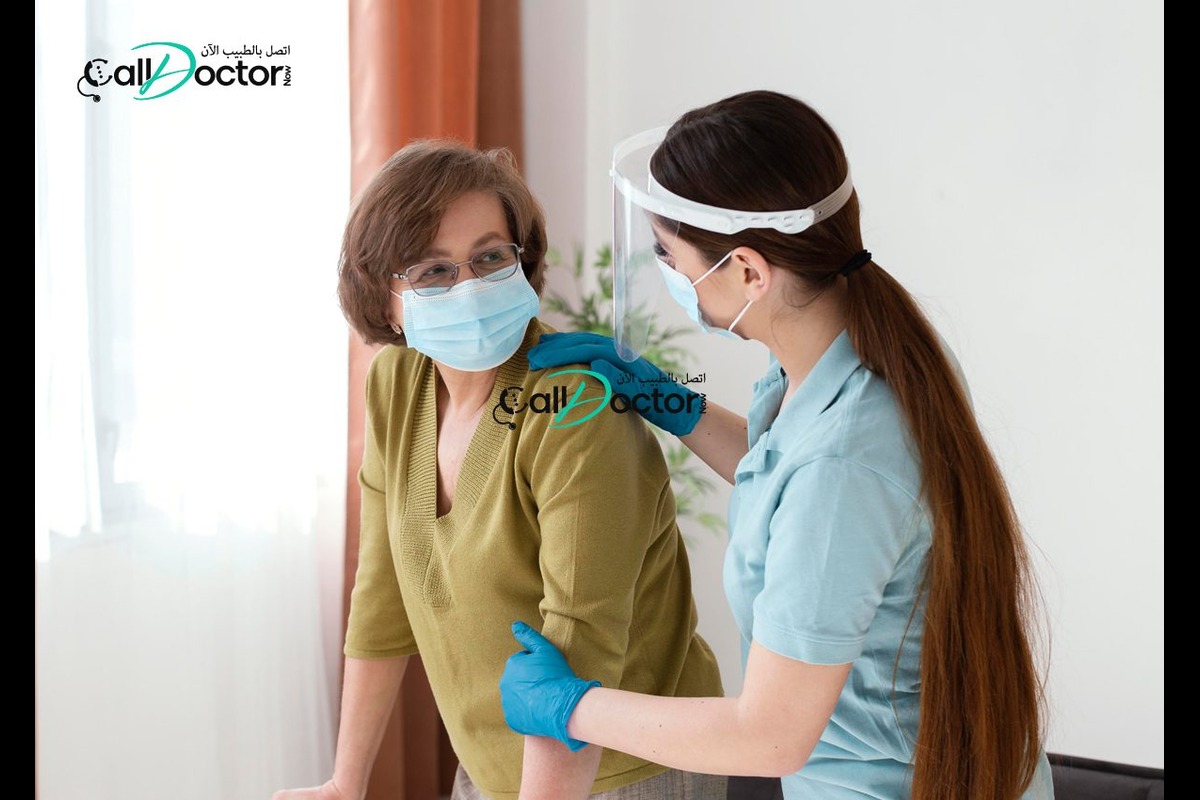
In recent years, the way people view healthcare has shifted dramatically. Instead of seeing hospitals as the only space where proper medical treatment can occur, families and patients alike are recognizing the value of bringing professional care directly into the home. This shift is more than just a matter of convenience; it’s about balancing two essential needs: the comfort of a familiar environment and the assurance of professional medical expertise. When the two are harmonized, patients often recover faster, families feel more supported, and the overall experience of care becomes more humane and holistic.
The Growing Need for At-Home Medical Care
The demand for healthcare services that can be delivered at home has grown for multiple reasons. Populations in many countries are aging, with more seniors requiring long-term care. At the same time, people with chronic illnesses or those recovering from surgery often need ongoing assistance that hospitals may not be best suited to provide.
Beyond necessity, there is also a psychological factor. Being in a hospital can feel intimidating, stressful, or even isolating. At home, patients remain in an environment filled with familiarity—family members, personal belongings, and the routines of everyday life. This sense of comfort can have profound effects on mental health, which in turn often supports physical recovery.
Comfort: More Than Just Physical Ease
When we talk about comfort in the context of healthcare, it extends far beyond the soft mattress or cozy blanket at home. Comfort is about emotional stability, family presence, and the ability to maintain a sense of normalcy in daily life. Patients who remain in their homes during treatment often retain more independence, make decisions about their routines, and maintain closer connections with loved ones.
For elderly patients, in particular, being surrounded by familiar objects and memories can reduce confusion and stress. For younger patients or those recovering from surgery, the sense of being in one’s “safe space” helps encourage rest and lowers anxiety.
The power of comfort should not be underestimated. Studies have repeatedly shown that patients in supportive, familiar environments often respond better to treatment than those in unfamiliar or clinical settings.
Medical Expertise: The Other Side of the Balance
Of course, comfort alone is not enough. Medical expertise is equally crucial. Patients dealing with chronic illnesses, post-operative recovery, or long-term conditions such as dementia or Parkinson’s disease require professional oversight. The idea of bringing medical knowledge and skills into a home environment ensures that comfort does not compromise safety or health outcomes.
Professional caregivers bring skills that family members alone may not have. From wound care to medication management, from monitoring vital signs to offering specialized therapies, trained medical professionals bridge the gap between hospital-grade treatment and everyday life. Without this expertise, home-based care risks being inadequate or even unsafe.
The Role of Professional Support
This is where trained specialists step in, offering a blend of medical knowledge and compassionate caregiving. A home nurse provides exactly this balance. By offering both technical expertise and emotional support, such professionals ensure that patients are not only safe but also comfortable. They deliver essential services like administering medications, managing complex equipment, and monitoring recovery while also being present as a source of reassurance.
The presence of professional support within the home doesn’t just help the patient; it also relieves family members of the full burden of caregiving. Families can remain involved in the care process while trusting that a trained professional is handling the critical medical aspects. This shared responsibility makes care sustainable over the long term.
Healing Beyond the Hospital Walls
Hospitals are designed for acute care, emergencies, and procedures requiring specialized equipment. But they are not always the best setting for long-term recovery. In fact, extended hospital stays can sometimes expose patients to unnecessary stress, infections, or feelings of dependency.
Recovering at home changes this dynamic. Patients regain a sense of agency—they decide when to eat, when to sleep, and how to spend their day. At the same time, they still receive the monitoring and support they need to heal. It’s a model of healthcare that is both human-centered and medically reliable.
Emotional Well-Being: An Overlooked Factor
One of the most significant benefits of blending comfort and expertise at home is the impact on mental and emotional health. Patients who feel safe, supported, and cared for tend to cope better with illness or recovery. Anxiety levels drop, depression is less common, and motivation to follow treatment plans increases.
For family members, too, there is reassurance. Knowing that a loved one is being cared for in familiar surroundings—and that professional oversight is in place—brings peace of mind. Instead of worrying about hospital visits, parking, waiting rooms, or rigid visiting hours, families can spend quality time together. This shared time strengthens bonds, which can be deeply healing in itself.
Technology as a Bridge
Modern healthcare technology makes it easier than ever to provide medical expertise at home. Portable diagnostic tools, remote monitoring devices, and telehealth consultations allow professionals to track a patient’s progress in real time. For example, blood pressure monitors, glucose meters, and oxygen saturation tools can all feed data to healthcare providers remotely, ensuring quick intervention if something is amiss.
In this way, technology bridges the gap between the hospital and the home. It ensures that while patients enjoy the comfort of their personal space, they are still connected to medical professionals who can step in when needed.
Challenges of At-Home Care
While the balance between comfort and expertise is powerful, it is not without challenges. Some patients may require specialized equipment that is difficult to manage outside of a hospital. Others may live in homes that are not well-suited to providing safe care—for example, lacking ramps, rails, or proper sanitation.
There is also the matter of cost. While at-home care can sometimes be more affordable than long-term hospitalization, it can also be a financial burden depending on the duration and intensity of care needed. Insurance policies vary widely in what they cover, and families may face difficult decisions about affordability.
Additionally, not all families have the resources or space to fully support complex medical care at home. In such cases, a hybrid model—where patients alternate between hospital visits and home care—may provide a practical solution.
A Human-Centered Approach to Healthcare
Despite these challenges, the movement toward integrating comfort and expertise at home reflects a broader trend in healthcare: the focus on human-centered care. Rather than treating patients as numbers in a hospital bed, this approach recognizes them as whole individuals with emotional, social, and personal needs.
Balancing comfort and medical expertise doesn’t just heal the body—it nurtures the mind and spirit. It redefines what it means to “get better,” shifting the focus from purely clinical outcomes to quality of life.
The Future of At-Home Medical Expertise
Looking ahead, it’s clear that at-home medical care will continue to grow. As technology advances and populations age, more families will look for solutions that allow loved ones to remain at home while still receiving expert medical attention. Governments, healthcare providers, and insurance companies are beginning to recognize this shift, investing in programs that support in-home services.
The goal is simple but profound: to ensure that people receive not just treatment, but care—care that respects their dignity, comforts their spirit, and addresses their medical needs.
Conclusion
Balancing comfort and medical expertise at home represents the future of healthcare. It allows patients to recover or manage conditions in familiar surroundings while still benefiting from professional oversight. This model eases the burden on hospitals, empowers families, and creates an environment where healing is not only physical but also emotional.
As more people seek alternatives to traditional hospital care, the importance of harmonizing comfort with expertise cannot be overstated. Ultimately, this balance ensures that patients are not just surviving, but truly living—even in the midst of illness or recovery.










